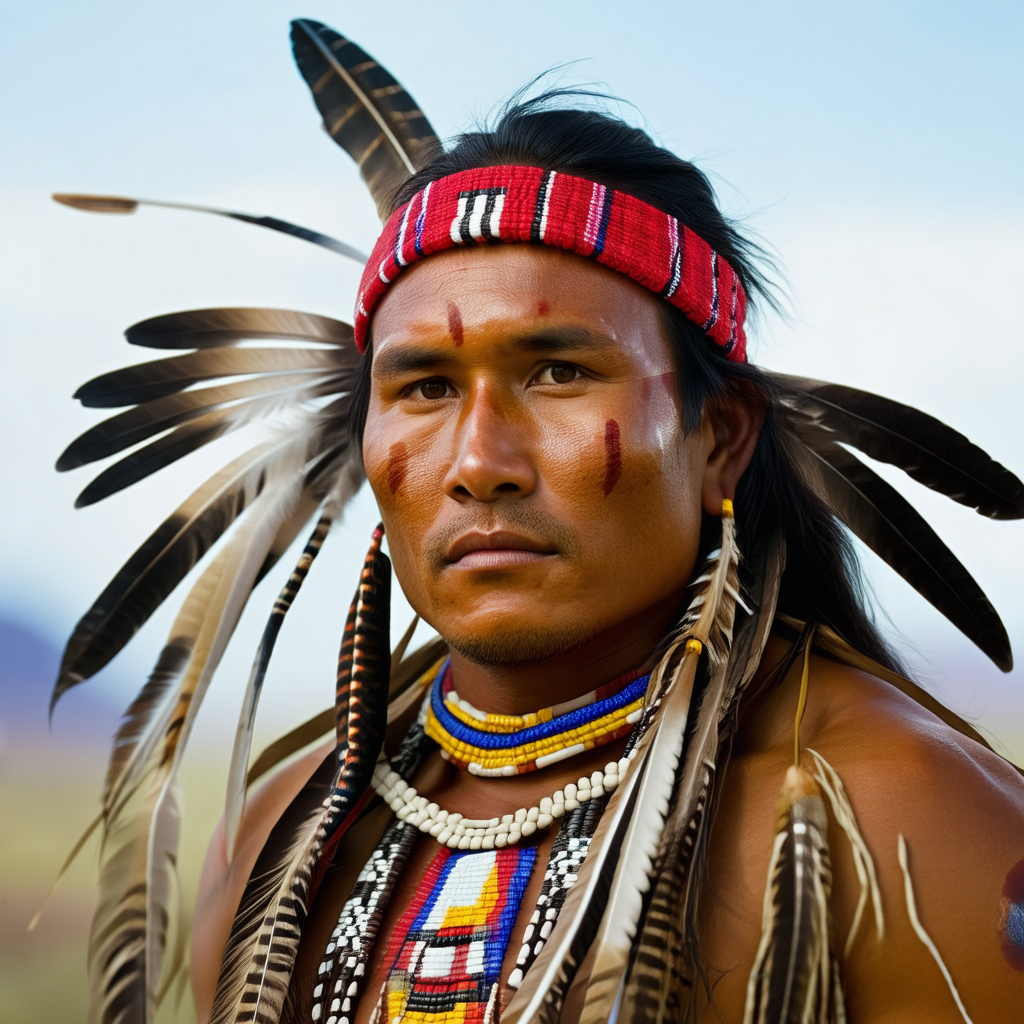Indigenous cultures and traditions are an integral part of the rich tapestry of human experience. For centuries, indigenous communities have thrived, developing unique cultures, languages, and traditions that are deeply connected to their ancestral lands and ways of life. However, the impact of colonization, globalization, and modernization has threatened the very existence of these cultures, highlighting the importance of preserving indigenous cultures and traditions.
The Significance of Indigenous Cultures
Indigenous cultures are significant not only to the communities that practice them but also to the world at large. They offer a unique perspective on the human experience, providing insights into the natural world, the interconnectedness of all living things, and the importance of living in harmony with the environment. Indigenous cultures are also a source of rich cultural heritage, including traditional music, dance, art, and storytelling.
The Threats to Indigenous Cultures
Despite their significance, indigenous cultures are facing numerous threats, including:
- Colonization and assimilation: The legacy of colonization and forced assimilation has led to the erasure of indigenous cultures, languages, and traditions.
- Globalization and modernization: The rapid pace of globalization and modernization has led to the homogenization of cultures, threatening the unique cultural identities of indigenous communities.
- Climate change: Climate change is having a disproportionate impact on indigenous communities, threatening their traditional ways of life and cultural practices.
- Lack of recognition and support: Indigenous cultures are often marginalized and excluded from mainstream society, lacking recognition and support from governments and institutions.
The Importance of Preserving Indigenous Cultures
Preserving indigenous cultures and traditions is essential for several reasons:
- Cultural diversity: Indigenous cultures contribute to the rich cultural diversity of the world, providing a unique perspective on the human experience.
- Environmental sustainability: Indigenous cultures offer valuable insights into sustainable living and environmental stewardship.
- Social justice: Preserving indigenous cultures is a matter of social justice, recognizing the rights and dignity of indigenous peoples.
- Education and awareness: Preserving indigenous cultures provides an opportunity for education and awareness, promoting cross-cultural understanding and empathy.
Efforts to Preserve Indigenous Cultures
There are several efforts underway to preserve indigenous cultures and traditions, including:
- Language preservation: Language preservation programs aim to document and revitalize indigenous languages, which are a critical component of indigenous cultures.
- Cultural revitalization: Cultural revitalization initiatives aim to revive and promote indigenous cultural practices, such as traditional music, dance, and art.
- Indigenous-led organizations: Indigenous-led organizations are working to preserve indigenous cultures and promote indigenous rights, including the right to self-determination.
- Community-based initiatives: Community-based initiatives are empowering indigenous communities to take control of their cultural heritage, promoting cultural preservation and revitalization.
Conclusion
The preservation of indigenous cultures and traditions is a matter of great importance. It requires recognition, support, and action from governments, institutions, and individuals. By working together, we can help to preserve the rich cultural heritage of indigenous communities, promoting cultural diversity, environmental sustainability, social justice, and education and awareness. Ultimately, the preservation of indigenous cultures and traditions is essential for the well-being of indigenous communities and the world at large.
Additional Resources
- Books: “The Indigenous Peoples’ Biocultural Climate Change Assessment” by the Indigenous Peoples’ Biocultural Climate Change Assessment (IPCCA), “The Native Peoples of the Americas” by Duane Champagne
- Organizations: Indigenous Peoples’ Biocultural Climate Change Assessment (IPCCA), Native American Rights Fund (NARF), Indigenous Environmental Network (IEN)
- Documentaries: “The Indigenous Peoples’ Biocultural Climate Change Assessment” (2019), “The True Story of the Conquest of the Americas” (2018)
- Websites: Indigenous Peoples’ Biocultural Climate Change Assessment (IPCCA), Native American Rights Fund (NARF), Indigenous Environmental Network (IEN)
